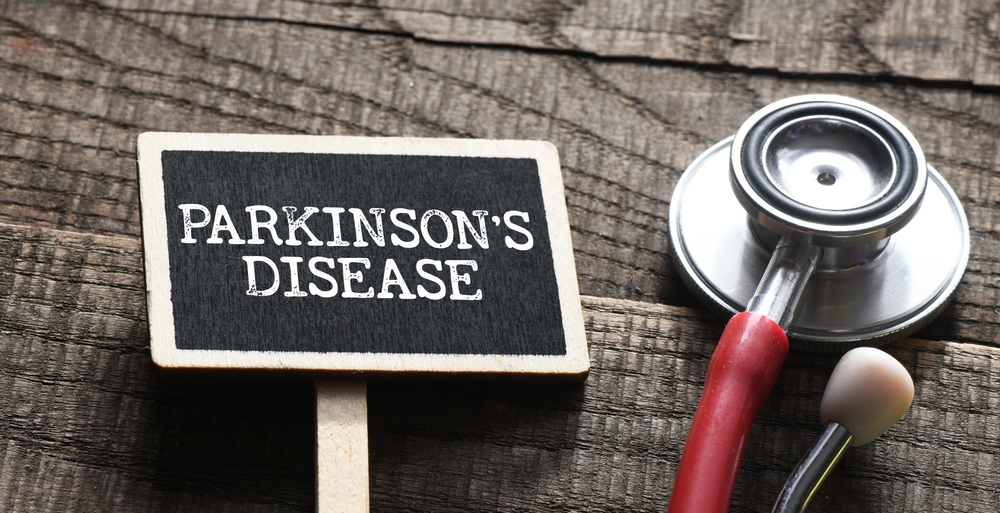A new study has found that Parkinson’s disease may progress faster in people exposed to the toxic water at Camp Lejeune. The study, published in the medical journal Movement Disorders and funded by the U.S. Department of Veterans Affairs (VA), found that Camp Lejeune toxic water victims were more than twice as likely to have accelerated Parkinson’s disease when compared to people who weren’t stationed at the military base. The study analyzed a cohort of nearly 85,000 Camp Lejeune veterans who lived at the base from 1975 to 1985 and used Veterans Health Administration or Medicare services. From there, researchers found 270 people who were diagnosed with Parkinson’s disease between 2000 and 2021.
About two-thirds of the Parkinson’s disease patients were exposed to toxic Camp Lejeune chemicals at a level 50 times higher than the permissible limit. These patients developed psychosis and suffered falls and fractures — common complications of Parkinson’s disease — more quickly. Additionally, Camp Lejeune veterans exposed to toxic water were more likely overall to develop these complications. Researchers didn’t note a difference in the time until death in Parkinson’s patients. The study concludes that exposure to trichloroethylene and other chemicals might speed up the progression of Parkinson’s disease.
What Happened At Camp Lejeune?
For more than three decades, over a million people at Camp Lejeune drank, bathed in, and cooked with water filled with toxic chemicals. The issue stemmed from contaminated water wells at the North Carolina military base, which were finally shut down in 1987. By then, the damage had been done to many service members, family members, and civilians who lived and worked at the base in the 34 years that the water was contaminated. The chemicals found in the Camp Lejeune water supply are associated with a higher risk of a range of health conditions, including several types of cancer and Parkinson’s disease.
Parkinson’s Disease
Parkinson’s disease is a disorder that affects the central nervous system and usually develops when a patient is 50 years old or older. Someone with Parkinson’s may have symptoms like tremors, stiffness, shaking, and trouble maintaining their balance before they receive a diagnosis. While patients can take medications and implement lifestyle changes to help mitigate symptoms, there is no known cure. Parkinson’s is a progressive disorder, which means that it worsens over time. In its most severe stages, Parkinson’s leaves patients bedridden and in need of around-the-clock care. It can also make sufferers more likely to develop infections and other health complications, including mental health disorders like depression, anxiety, and psychosis.
There isn’t one known cause for Parkinson’s, but researchers think that genetic and environmental factors both play a role. A study published last year found that Camp Lejeune veterans were more than 70% more likely to develop Parkinson’s disease. These findings support research that has linked trichloroethylene exposure, one of the primary contaminants in the Camp Lejeune water supply, to an elevated Parkinson’s risk. The newest research supports what scientists have already suspected — Camp Lejeune toxic exposure can increase the risk of Parkinson’s disease and accelerate the progression after the disorder develops.
The Camp Lejeune Claims Process
Historically, U.S. military service members and veterans have been unable to sue the government for injuries sustained during their service. Instead, they must apply for healthcare benefits through the VA. For decades, Camp Lejeune victims had little recourse. In 2022, the Camp Lejeune Justice Act (CLJA) was signed into law, carving out a significant exception for veterans injured by the toxic water at the military base. The CLJA created a two-year window for people to file Camp Lejeune lawsuits against the government. First, a Camp Lejeune claim needs to be filed and if it’s not resolved satisfactorily, the claimant could sue the government to recover damages for their Camp Lejeune injuries.
From the start, the Camp Lejeune claims process was riddled with setbacks. The government initially announced that it had 180 days to decide on administrative claims, but claims had yet to be settled nearly a year after the CLJA went into effect. For veterans seeking justice, many of whom are elderly or diagnosed with terminal illnesses and may not have much time left, the delays were discouraging. Last September, the Justice Department and the Department of the Navy announced the Camp Lejeune Elective Option (EO) for veterans interested in a speedier payout. Veterans who have been diagnosed with a presumptive condition — a list that includes Parkinson’s disease — can get a flat fee payout based on how long they were stationed at Camp Lejeune and which disease they have.
While the Elective Option is designed to make payouts more efficient, it’s unclear how many veterans qualify for the plan. According to one data analysis, over 85% of Camp Lejeune claimants aren’t eligible for the Elective Option. That means that the complaints will likely play out in court, which can take years — increasing the chances that veterans will die before their claims are resolved. If you suffered an injury after spending time at Camp Lejeune, consult with a Camp Lejeune attorney as soon as possible. The cutoff point to file a Camp Lejeune claim is August 10, 2024, so you must file a claim in the next week to ensure that you meet that deadline.













